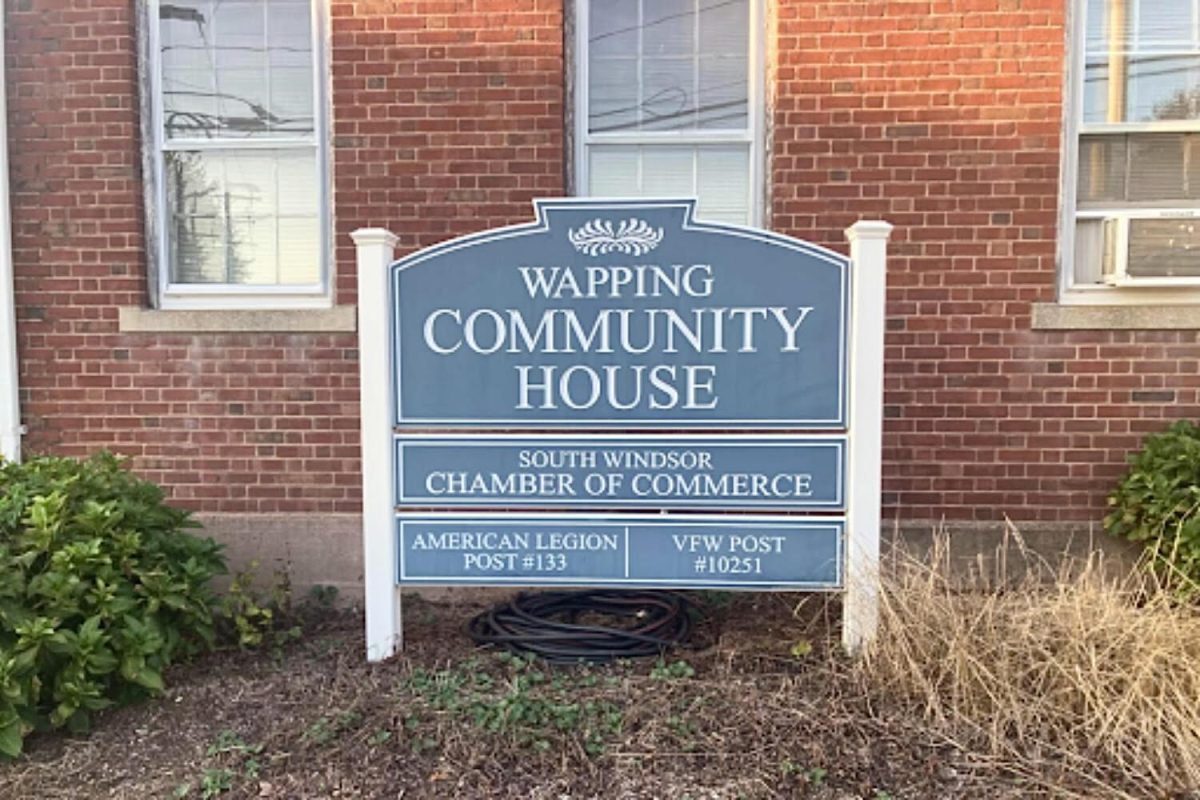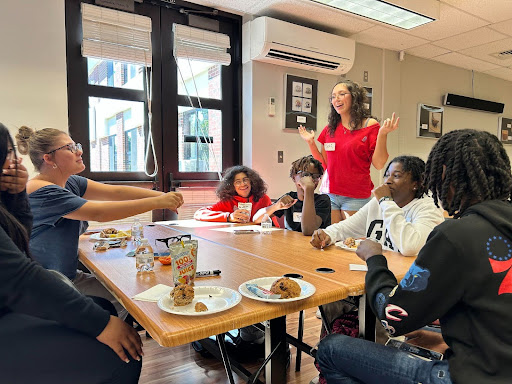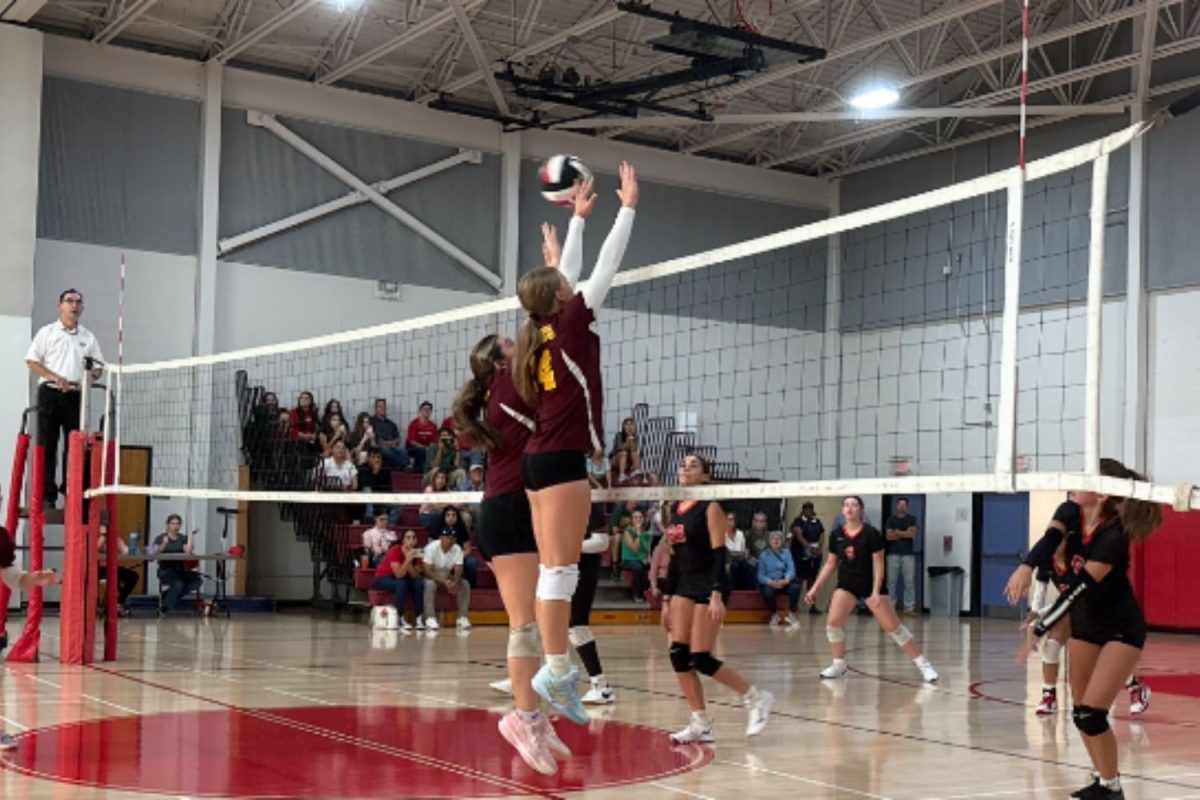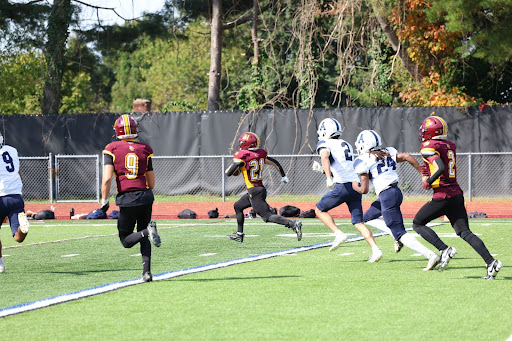Impactful Experience

Andreo Benitez
April 27, 2023
Picture this scenario: after 12 years in the general education system, on your first day of your new university, you’re finding yourself both lost and confused as you scramble to catch up on what everyone else seems to be nailing.
Unfortunately, this nerve-wracking experience is all too common. A large chunk of highschool graduates feel ill-prepared to tackle the beast that is higher education, and it’s not without reason.
Oftentimes, many students find that the transition from high school to university is stressful, uncomfortable, and difficult to adapt to. The absence of structure makes it easier to push students into making bad choices, irrational decisions, and career-jeopardizing mistakes.
“That transition to a four year school was more difficult because [the university] was so much bigger than a high school,” shared Taylor Woronecki, a senior at the University of Connecticut.
However, if we aim our focus more towards helping students prepare, then surely the number of students feeling this way will decrease.
With today’s changing world, it is now more important than ever to direct school-age students towards their college careers now, especially during their last years of high school.
In fact, there’s a multitude of evidence to support this. According to a study of 36 different vocational and technical high schools in Massachusetts, students at these schools had “substantially higher graduation rates (by 21%) than peers at typical high schools” (k-12 Dive) according to researcher Shaun Dougherty, who conducted the experiment.
Moreover, in his research it was found that students coming from low-income households who attended career focused schools also scored higher on standardized tests than their traditional highschool counterparts (k-12 Dive).
A reason for this may have to do with the fact that such programs focusing more on careers help boost the non-academic skills students may possess, and allow them to take studies that are more relevant and engaging to them. With career-oriented programs, students often find that they have more of a say in their education, and can control what they do or do not wish to pursue.
Not only this, but career oriented classes have also shown to boost the morale of students, as well as mental health and self-confidence. “One parent told me that acceptance into the program gave their child a sense of purpose and excitement about high school that had previously been absent,” shared Sean Cassel in his Edutopia Article discussing the benefits of career pathways in high schools.
While this model of schooling may seem very distant, or even out of the cards, it’s worth noting that offering classes that are career-oriented has had a major impact on students, and their attitudes towards learning as a whole.














